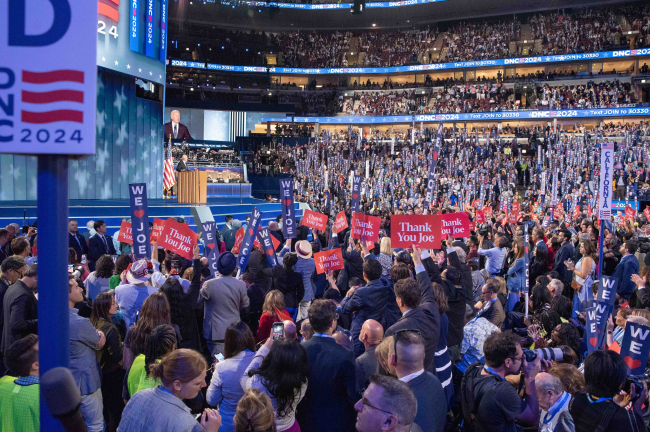
Practical information
Themes and regions
Related centers and programs

This conference will explore the major evolutions of the religious landscape in Central and East Africa. We will discuss the mutations observable in the Christian and Muslim worlds, the relations between religion and politics, and the development of various forms of radicalism, whether rhetorical, exacerbating social conservatism, or fueling and/or combining with violent challenges to the powers that be. These dynamics will be examined at local, national and transnational levels.
This conference will take place in English with simultaneous translation and in hybrid format (in-person at Ifri, and online).
All times are listed in Paris time (CEST).
PROGRAM
1.30-3.00 PM
Panel 1 : Religious and political entanglements
- Hervé Maupeu, Author, Lecturer in political science
- Laurent Larcher, Journalist, La Croix
- Rodolphe Gozegba de Bombémbé, PhD in Theology, Founder of the A9 Association
- François Gaulme, Associate Researcher, Sub-Saharan Africa Centre, Ifri
Chair : Thierry Vircoulon, Associate Researcher, Sub-Saharan Africa Centre, Ifri
3.00-3.30 PM
Coffee break
3.30-5.00 PM
Panel 2 : Evolution of the religious landscape and radicalism
- Damaris Parsitau, Lecturer in Philosophy, History and Religious studies, Egerton University (Kenya)
- Halkano Abdikadir Abdi Wario, Lecturer in Religious Studies, Egerton University (Kenya)
- Fathima Azmiya Badurdeen, PhD in Social Sciences, University of Mombasa (Kenya)
- Moussa Bobbo, PhD in History, Specialist in security, Defense and Strategy issues
Modération : Chloé Josse-Durand, PhD in Political Science, Associate Researcher, Ifra Nairobi
This conference is organized within the framework of the Observatoire de l'Afrique de l'Est et centrale, in collaboration with Ifra Nairobi for the Direction générale des relations internationales et de la stratégie (DGRIS) of the French Ministry of Defence.
Related Subjects
Other events

US politics: Why are Democrats unable to come up with a project?
As President Trump's approval rating stagnates in the polls and with 18 months remaining before the November 2026 midterm elections, why is the Democratic Party unable to offer a credible and compelling alternative to middle-class American voters? On what issues and around which figures could the radical left and the moderate left find common ground by then?





